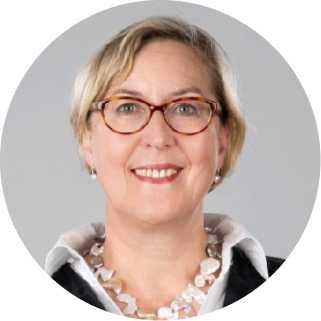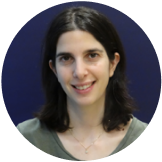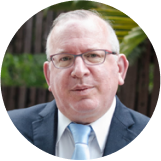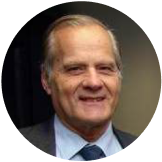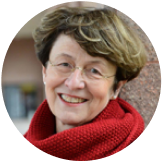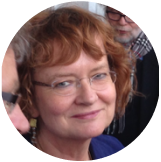GIF Young Scientists Meeting on Hate

Meeting Details
- 21-23 February, 2024
- Dresden, Germany
Scientific Organizing Committee:
-Prof. Dr. Uriya Shavit and Dr. Carl Yonker, , Tel Aviv University
-Prof. Dr. Joerg Sonntag and Dr Maik Herold, Technische Universität Dresden
Framework:
Hate has become a strong currency in contemporary liberal democracies. Its growing presence is reflected in the rise of radical groups that thrive on intolerance, racial prejudice and resistance of liberal values, in the prosperity of conspiracy theories, and in the popularity of political rhetoric of anger, despair and conflict.
Where is all this hate coming from, and why now? The purpose of the three-day seminar is to promote a better understanding of the phenomenon through interdisciplinary, comparative discussion by young and promising German and Israeli scientists.
Rational
The workshop has two points of departure. First, hate is an integral part of the human experience and social reality, yet under certain conditions and contexts, its manifestations expand and its disruptive and destructive impacts grow.
Second, understanding hate-phenomena calls for an interdisciplinary approach that examines in historical, comparative and integrated perspectives a plethora of psychological, sociological, cultural, political, technological and judicial developments.
For example, the understanding of the role social media platforms play in disseminating hate speech in our time should be informed by analyses of the role other technological transformations played in the past in facilitating similar phenomena, the psychological functions new technologies serve in comparison to traditional ones, the social and political conditions in which the affects of those technologies take place, and the suitability of existing legal frameworks to address new challenges they create.
We hope that a better, integrated and comparative understanding of hate phenomena will have practical implications and encourage fresh thinking about the means to moderate and eradicate existing expressions and actions.
While we will welcome also presentations of case-studies, priority will be given to scholars who intend to present research that involves comparative or interdisciplinary approaches.




